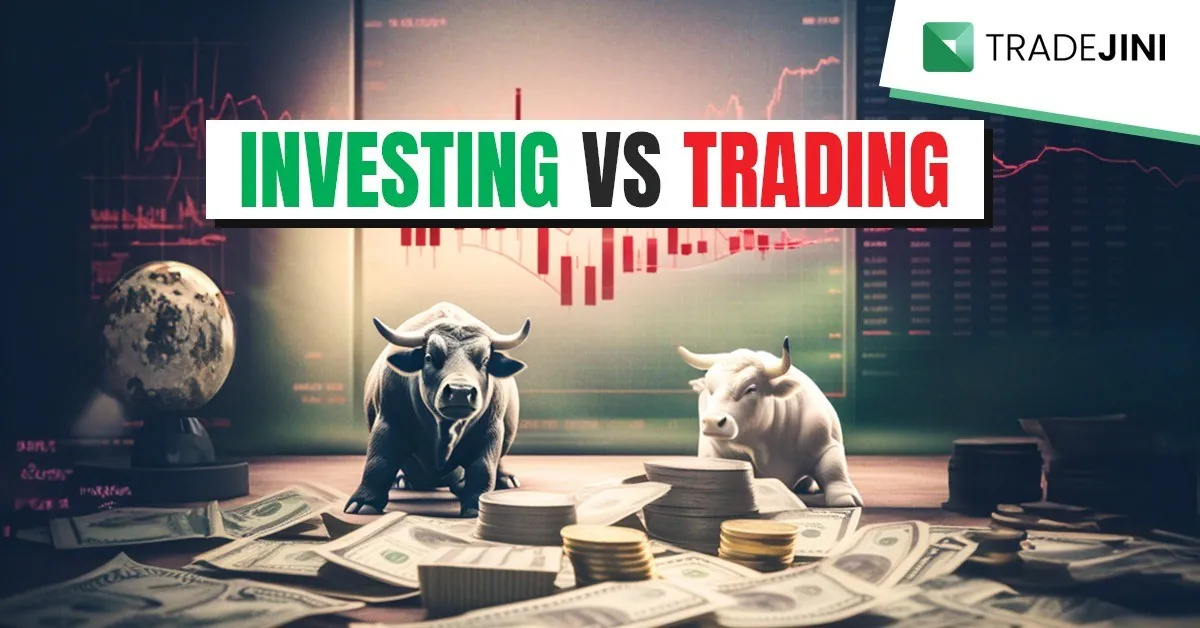Stock markets are notoriously sensitive to events that can rock the economic boat, and elections are no exception. These pivotal moments chart a country's course for years to come, impacting everything from social policies to business regulations. India's stock markets, in particular, feel the heat during election season, with volatility rising as investors grapple with the potential outcomes.
How elections stir the market pot?
Before we delve into that, let's revisit the basics. Stock markets act as giant marketplaces where companies list their shares (ownership pieces) for investors to buy and sell. Prices fluctuate based on factors like company performance and investor confidence.
Imagine a bustling marketplace where companies can sell tiny ownership certificates (shares) to raise money. That's the essence of a stock market! Companies seeking public funding list their shares through an Initial Public Offering (IPO), essentially going public. Once these shares are out in the open, investors can freely buy or sell them amongst themselves on a stock exchange platform. This allows companies to raise capital, and investors to potentially profit from share price increases.
Aslo Learn: Impact of the 2024 US Presidential Elections on the Indian Stock Market
How do elections affect the stock market?
Elections generally bring a storm with them into the markets. This is generally because political changes like elections, along with policy changes, make the market highly volatile. The results coming in favor of the existing government will denote political stability and hence push the market to grow higher. While this can be one of the reasons , there are several other reasons that seesaw the market.
1. Manifesto Impact: Parties lay out their plans in manifestos, promising changes like tax cuts or regulatory shifts. Investors scrutinize these pledges, anticipating how they'll affect sectors and industries.
2. Government Ideology: Markets react to the economic visions of competing parties. A party with pro-business policies might rally investor confidence, while uncertainty surrounding a party's agenda can lead to market jitters.
3. Exit Polls: These pre-result polls can sway investor sentiment. Positive polls for a pro-business party could send stocks soaring, while uncertainty can lead to market fluctuations.
4. Sector Focus: Parties often highlight sectors they plan to prioritize. Investors adjust portfolios accordingly, leading to fluctuations in specific industries depending on election outcomes.
5. Leader Popularity: A leader's popularity can attract foreign investments, boosting market sentiment. Investors keenly watch leaders' influence on economic policies and market stability.
In essence, elections and markets engage in a dance of uncertainty. While it's challenging to predict exact outcomes, analyzing political rhetoric, policy proposals, and public sentiment can provide valuable insights into market movements during election seasons.
Accompanying Risks
Elections bring heavy volatility into the markets as markets respond to the smallest of the certainties of change in government. The risk of policy paralysis, where essential economic reforms are delayed or undone, can undermine investor confidence and destabilize markets. Additionally, economic uncertainties like inflationary pressures, fluctuations in interest rates, and global economic slowdowns pose threats that can impact market performance and investment returns.
Opportunities
Despite these risks, elections and economic changes also open up opportunities. For example, policy announcements concerning sectors like renewable energy, digital infrastructure, or manufacturing can offer investment prospects in these fields. Market downturns caused by temporary uncertainties might present buying opportunities for investors who have a long-term view.
‘Election Tempest and Market Turmoil, an everlasting saga’
The stock market, while inherently unpredictable, often exhibits heightened sensitivity during periods leading up to elections. Although the correlation between stock prices and elections is complex and difficult to forecast with precision, analyzing factors such as election manifestos, ideological stances, policy proposals, and exit poll outcomes can provide insights into potential market trends.
Elections are like storms in the stock market, stirring up volatility and uncertainty. When political landscapes shift, investors brace for impact, knowing that policy changes can send ripples through the market. The outcome of an election can either bolster confidence, propel stocks higher, or trigger a sell-off if uncertainties loom.
Also Read: How the Stock Market Operates in India



